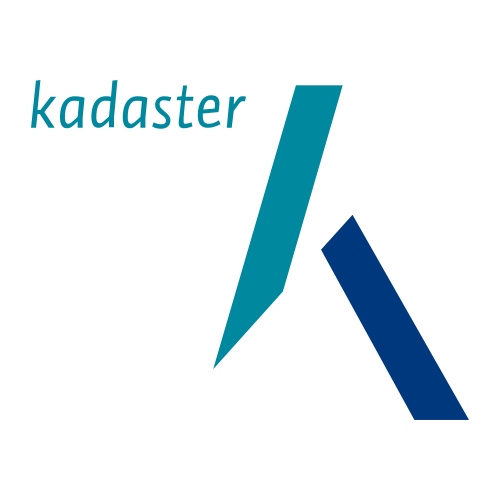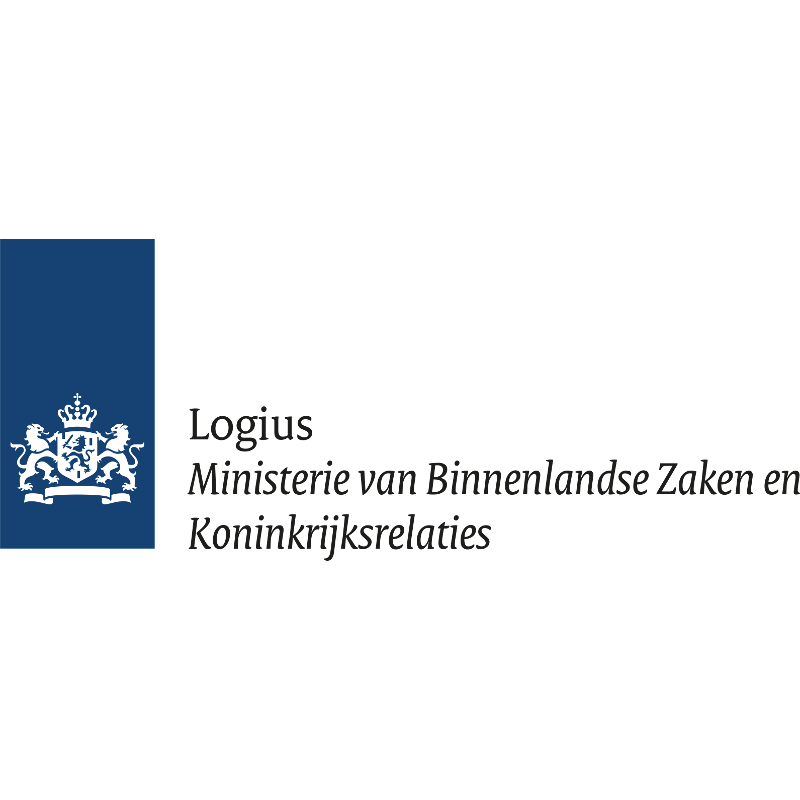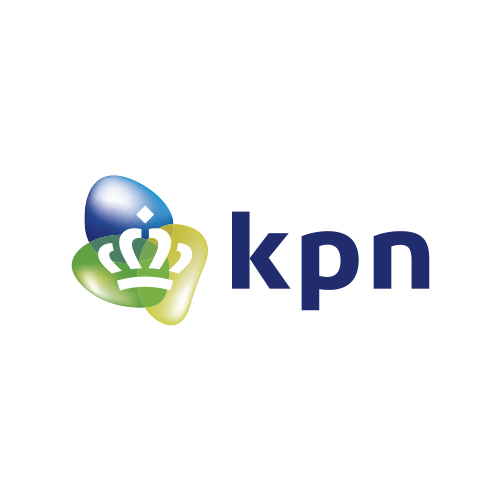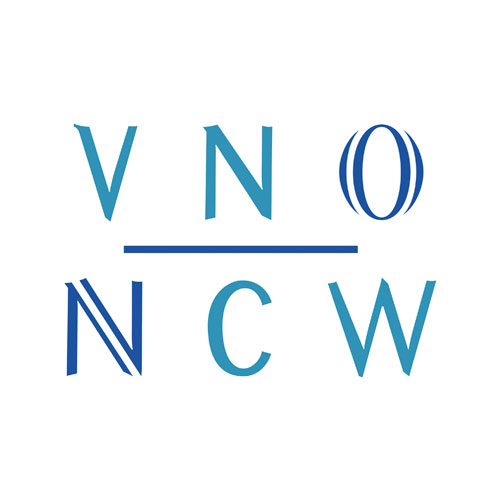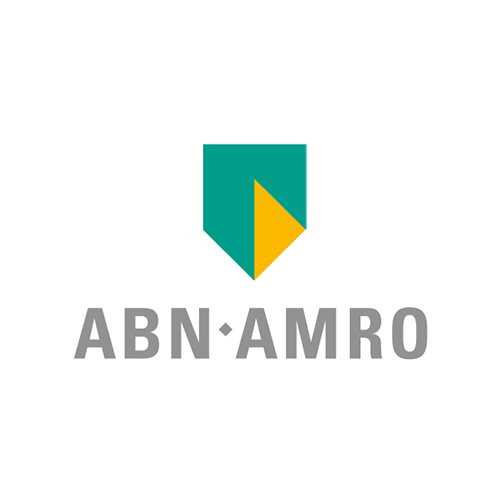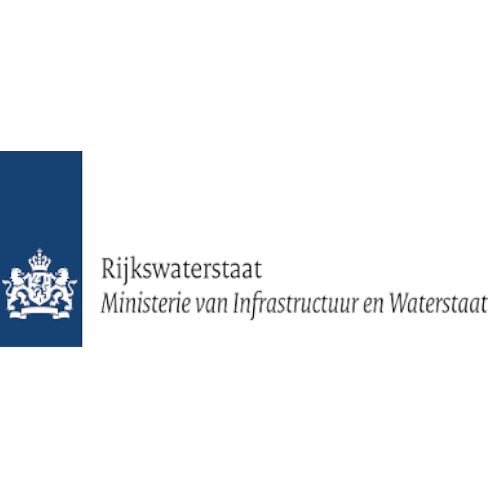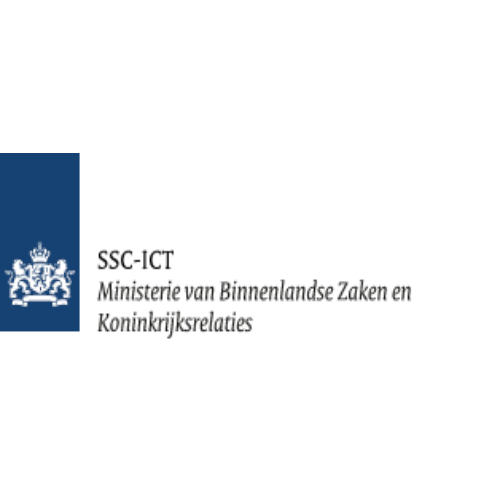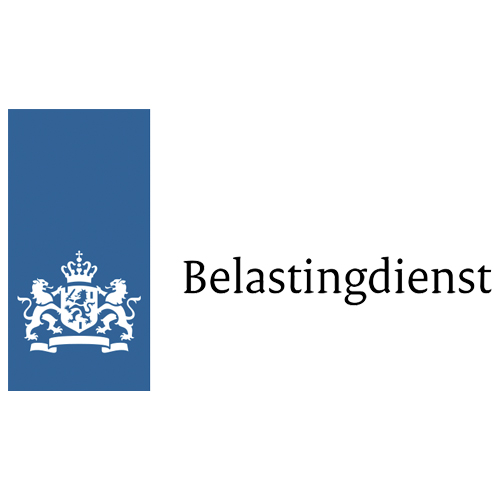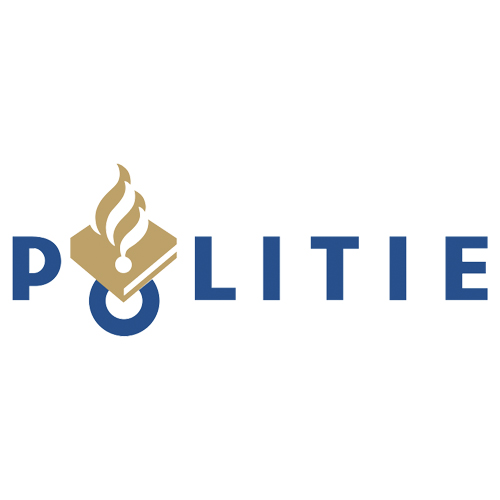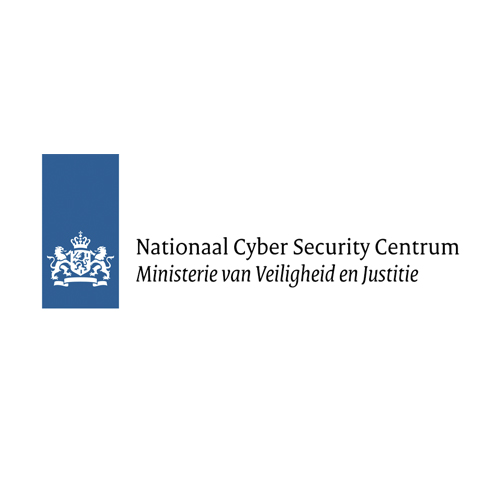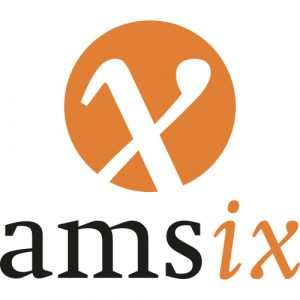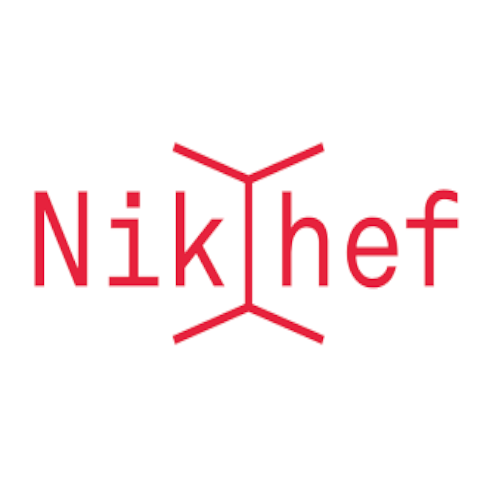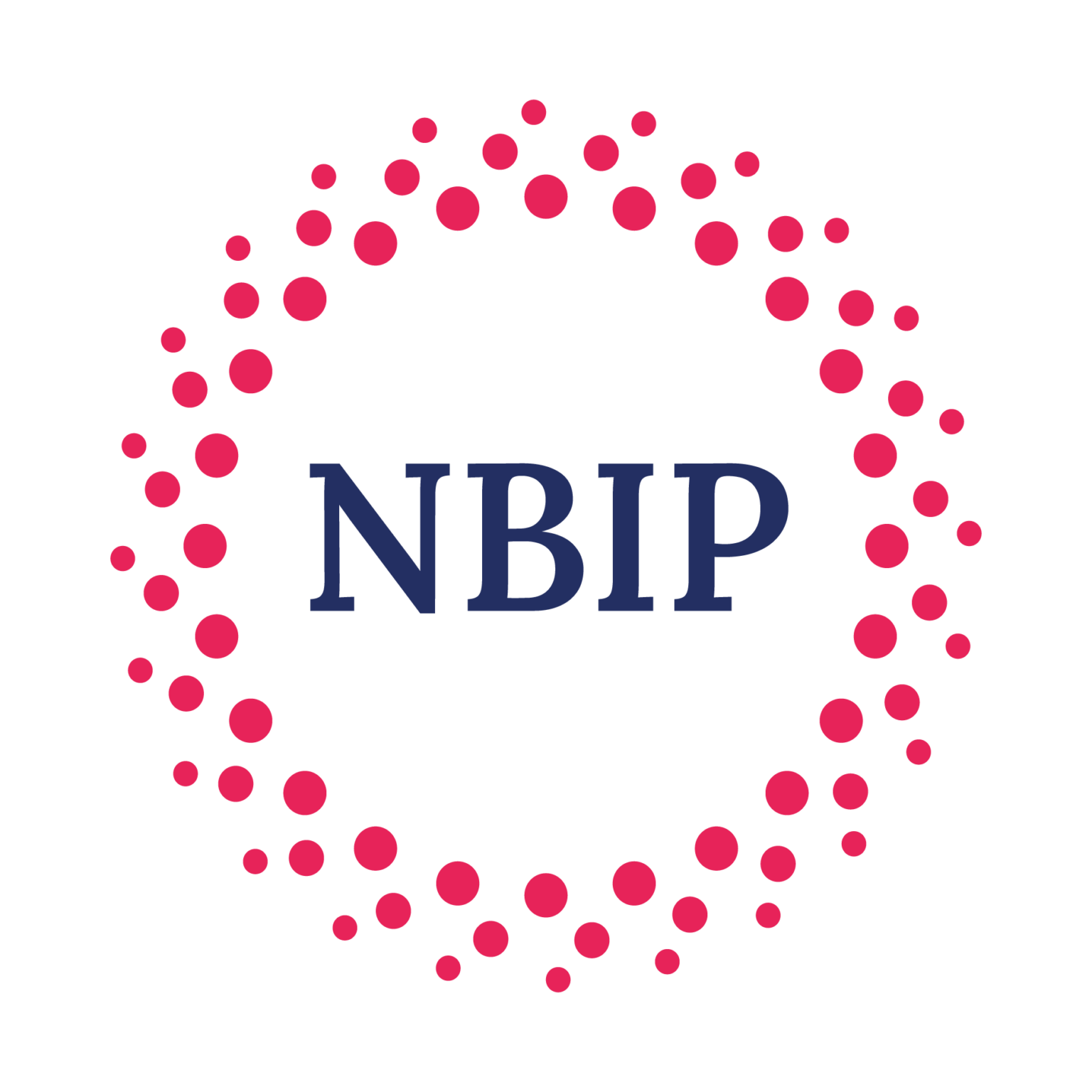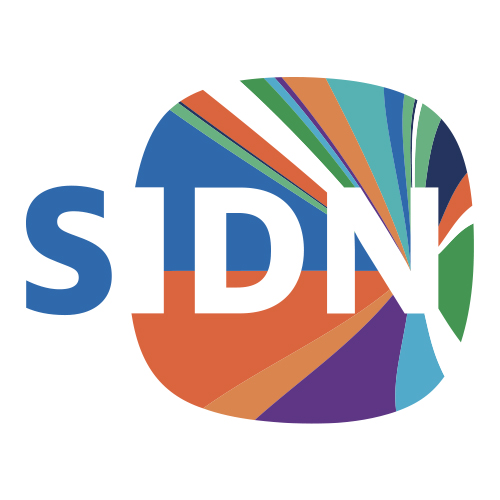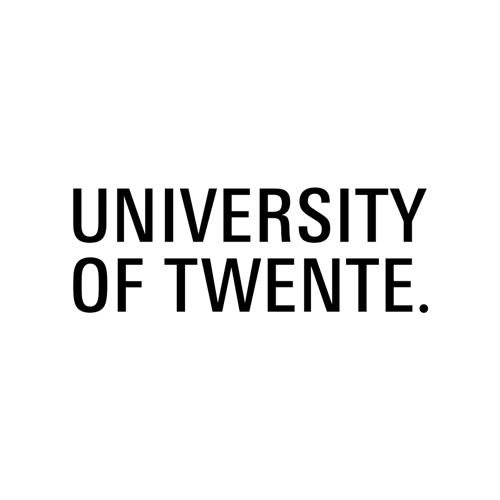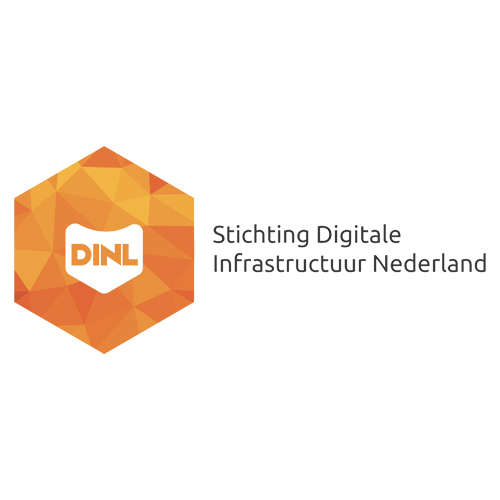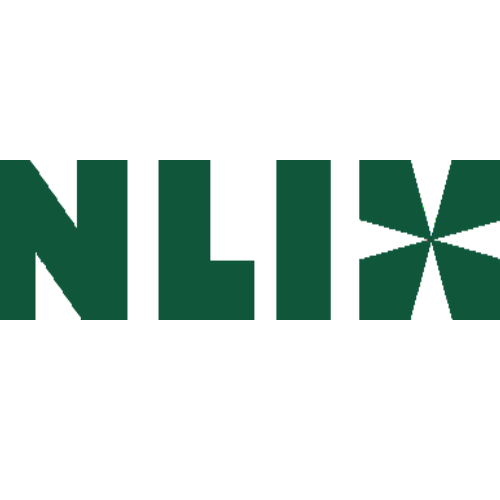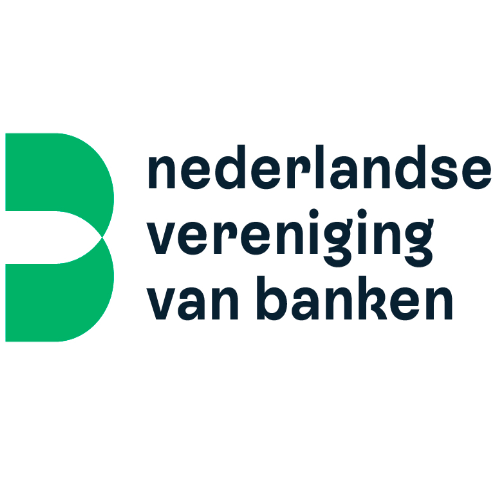De Nederlandse anti-DDoS-coalitie is een consortium van 20 Nederlandse organisaties uit verschillende sectoren (waaronder ISP’s, banken, overheidsinstellingen en rechtshandhavingsinstanties) die DDoS-aanvallen gezamenlijk bestrijden. Zij wisselen daartoe kennis uit, participeren gezamenlijk in (onderzoeks)projecten en oefenen in ieder geval één keer per jaar met een gesimuleerd scenario waarbij live DDoS-aanvallen worden gebruikt onder gecontroleerde omstandigheden.
De kennis en ervaring die de activiteiten van de coalitie opleveren worden gedeeld binnen de coalitie en waar mogelijk ook daarbuiten. Dit alles doet de coalitie met het doel om de impact van DDoS-aanvallen te minimaliseren en te werken naar een samenleving die weerbaar is tegen DDoS-aanvallen.
Ontstaan en achtergrond
Hoewel DDoS-aanvallen al zeker 25 jaar bestaan, hebben zij de laatste jaren een veel grotere impact gekregen. De steeds grotere afhankelijkheid van economie en samenleving van diensten die worden aangeboden of gefaciliteerd via het internet, maken dat DDoS-aanvallen een grotere potentie voor verstoringen en economische schade hebben. In januari 2018 werd dit duidelijk door een reeks grote aanvallen waarvan onder meer banken en overheidsinstellingen het slachtoffer waren.
Deze aanvallen vormden de directe aanleiding tot het oprichten van de anti-DDoS-coalitie. De verwachting was destijds dat DDoS-aanvallen een steeds groter probleem zouden gaan vormen, mede door de explosieve groei van Internet of Things, waarbij allerlei (slechtbeveiligde) apparaten met het internet verbonden worden. Deze apparaten kunnen misbruikt worden in zogenaamde botnets, waarbij zij zijn overgenomen door kwaadwillenden en worden ingezet om DDoS-aanvallen uit te voeren.
Daarnaast is DDoS onderdeel geworden van hybride conflictvoering.
Unieke samenwerking als coöperatieve coalitie
Een goede weerbaarheid tegen DDoS-aanvallen is door deze ontwikkelingen belangrijker dan ooit. De anti-DDoS-coalitie is een vrijwilligersconsortium van 20 organisaties uit overheid, bedrijfsleven en het maatschappelijk middenveld die het concept van coöperatieve DDoS-bestrijding in de praktijk brengt.
Deze opzet is uniek in Nederland en Europa. Voor de meeste organisaties die te maken hebben met DDoS-aanvallen ligt de nadruk op het beschermen van de eigen infrastructuur, niet op de collectiviteit van dit probleem en dus ook niet op collectieve oplossingen. De anti-DDoS-coalitie brengt daarmee een unieke benadering met succes in de praktijk.
De coalitie maakt gebruik van verschillende coöperatieve instrumenten:
- het onderling uitwisselen van kennis en ervaringen
- het delen van metingen van de kenmerken van DDoS-aanvallen via een zogenaamd ‘DDoS clearinghouse’
- het gezamenlijk uitvoeren van DDoS-oefeningen
- het verstrekken van informatie over DDoS-aanvallen aan het algemene publiek
- het bevorderen van beveiligingsstandaarden die helpen bij de bescherming tegen DDoS-aanvallen
Leden van de coalitie hebben een paper geschreven over het concept van een DDoS-coalitie. Je kunt daar meer over lezen in dit bericht.
Deelname aan de coalitie
De kern van de coalitie (zie onderstaande afbeelding) bestaat uit organisaties die samenwerken via operationele activiteiten. Deze deelnemers meten en delen kenmerken van DDoS-aanvallen en voeren samen grootschalige DDoS-oefeningen uit. Voor deelnemers uit de tweede categorie ligt de waarde van deelname met name in de onderlinge uitwisseling van kennis over het afslaan van DDoS-aanvallen.
Iedere organisatie die een bijdrage kan leveren aan de coalitie in de vorm van kennisdeling, deelname aan onderzoek en/of operationele activiteiten kan lid worden van de coalitie. Bestaande leden hebben zeggenschap bij de toelating van nieuwe leden. Aan lidmaatschap is een jaarlijkse bijdrage verbonden. Neem contact op met antiddoscoalitie@ecp.nl voor meer informatie over het lidmaatschap.
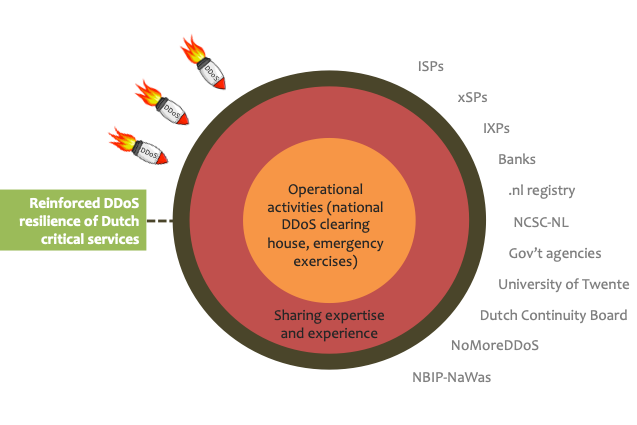
Initiatiefnemers
De anti-DDoS-coalitie is een samenwerkingsverband bestaande uit de volgende partijen: AMS-iX, ABN-AMRO, KPN, Politie, SURF, Digital Trust Center, SIDN, Nationaal Cyber Security Centrum, Kadaster, Rijksinspectie Digitale Infrastructuur, SSC-ICT, Universiteit Twente, NL-ix, Belastingdienst, Logius, Nederlandse Vereniging van Banken, Stichting Digitale Infrastructuur Nederland, Nikhef, NBIP-NaWas (Nationale Wasstraat) en VNO-NCW.
